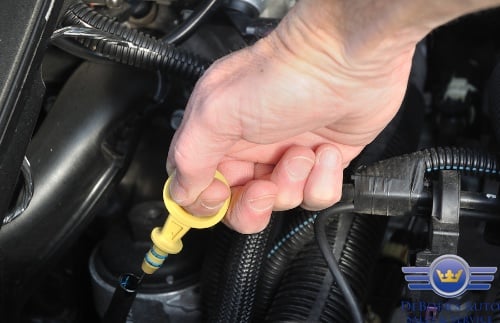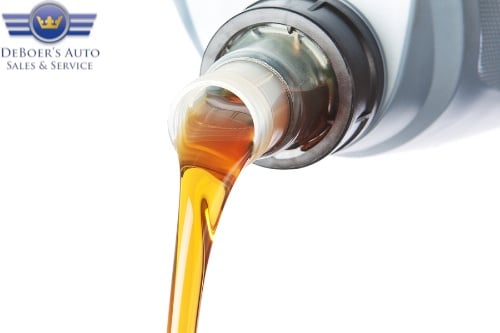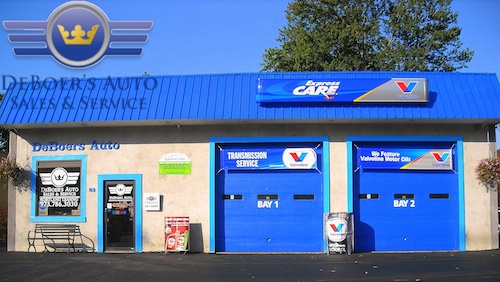Do you really have to follow the recommendations for fluid changes found in your owner’s manual? If you talk to a mechanic, he may give you a different schedule. Your car relies on these fluids to operate efficiently, but there’s often little reason to change them based on the manufacturer’s schedule. In fact, testing the fluids can save you a lot of money, allowing you to determine the best time to change them without negatively impacting your car’s performance.

Brake Fluid Change Services
In general, there is no brake fluid change frequency listed in most manuals and many people ignore this fluid because it typically doesn’t need to be changed. Most car repair shops recommend checking your brake fluid every time you change your oil to ensure it is still adequate. While some manufacturers recommend a brake fluid change interval of five to seven years, it often isn’t necessary. There are several signs you should watch for. Dark fluid may indicate an overheating issue, while rust sediment can signal the presence of moisture.
Transmission Fluid Flush
Many manufacturers suggest a transmission fluid change frequency of 100,000 miles. While most fluids can go longer than recommendations, transmission fluid is one where erring on the side of caution is advised. Rebuilding a transmission is a much more expensive repair than changing the fluids. If you tow with your vehicle, frequently drive in stop and go traffic, drive off road, haul heavy loads, use your vehicle as a snow plow or spend a lot of time idling, you need a shorter transmission fluid change interval.

Coolant Fluid Change Frequency
The coolant is designed to prevent overheating and a variety of other related problems. For instance, it also inhibits rust development, lubricates the water pump and protects against freezing. Therefore, it’s important to make sure it is changed when it wears out. Your auto repair shop will likely recommend a coolant fluid change interval of about two years or 24,000 miles, especially if you live in an area like Northern New Jersey.
Keeping your fluids current ensures your vehicle operates as it should and protects it from needing repairs too early. You probably already know you should check and change your oil on a regular basis, but you may easily overlook many of the other fluids your car requires. Fortunately, you don’t always have to follow the manufacturer’s recommendations to ensure your car operates at peak efficiency. In fact, learning what to look for with your brake, transmission and coolant fluids will help you identify the need for a change, even if it’s after the interval posted in your owner’s manual.
If you are looking for an experienced auto repair shop to help with your fluid changes, contact us. Our Sussex County repair shop can check your fluids and replace them if necessary.








